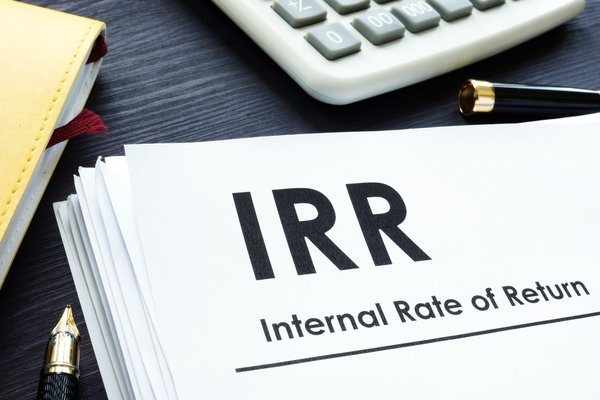
Novation in real estate occurs when a party, term, or obligation in a contract is replaced with another. When this happens -- and it happens quite often in both residential and commercial real estate transactions -- the original contract is voided and replaced with the new agreement. Novation actually comes from the Latin word novus meaning "new."
When a contract is renegotiated, it's not as simple as crossing something out and writing in the new terms. You cannot get a verbal agreement for the changes, either. All parties involved must get a new contract that must then be signed to show agreement with the new terms; the old contract is then invalid.
Negotiating (and renegotiating) terms
Those who are new to real estate investing should know that transactions rarely go through the first time without a hitch. When novation happens, don’t assume the deal is about to fall through. Rather, understand that it simply means that further clarification or negotiation is needed so that all parties are in agreement with the terms and conditions for purchasing or renting the property.
Here are some of the many things that can be changed by novation:
- Property rent/price.
- Lease terms.
- Names of the purchaser, seller, landlord, etc.
- Earnest money amount.
- Closing costs.
- Effective date.
Novation in residential and commercial real estate
Lengthy real estate transactions can be drawn out even further by novation. Novation is used in both residential and commercial real estate transactions, though it can be a bit simpler with residential purchases. That’s because most residential transactions are conducted between two parties: the buyer and the seller. Novation is quite common -- and can be quite complicated -- in commercial real estate because there are often more parties involved. Every time something is changed in a contract -- and it will happen often -- a new contract must be produced and signed by all involved parties.
Here is an example of residential real estate novation: A buyer has made an offer on the house. An inspection report indicates that the fence around the pool is not high enough to meet regulations. There are two options: 1.) The owner can replace the fence, or 2.) The sale price of the house can be renegotiated lower so that the onus of the new fence will be on the buyer. The buyer and seller both agree to a lower price on the home, and a new purchase agreement stating the new price is presented to both parties for signatures. The old agreement is voided, and the transaction moves forward with the new agreement.
It's important to note that a novation voids the previous contract. For all intents and purposes, any prior contracts do not exist, and the new document is the only one that matters moving forward -- or until another novation is made.
How to keep things moving along smoothly
As real estate transactions get closer to being finalized, it is not the time to go on vacation, leave town, or otherwise be hard to get in touch with. Both buyer and seller should make themselves as easily available as possible should more contract negotiations and novations happen during the countdown to closing. The faster all parties can respond to novation requests, the faster the process can resume and be completed. Sellers who take too long to respond risk the buyer walking away from an offer.
Related real estate topics
The bottom line
Contract negotiations are common in real estate, but they can only be validated with a signature, not a verbal agreement. Novation replaces any prior contracts with a new set of terms and conditions -- and once those are signed, any prior contract ceases to exist.




















